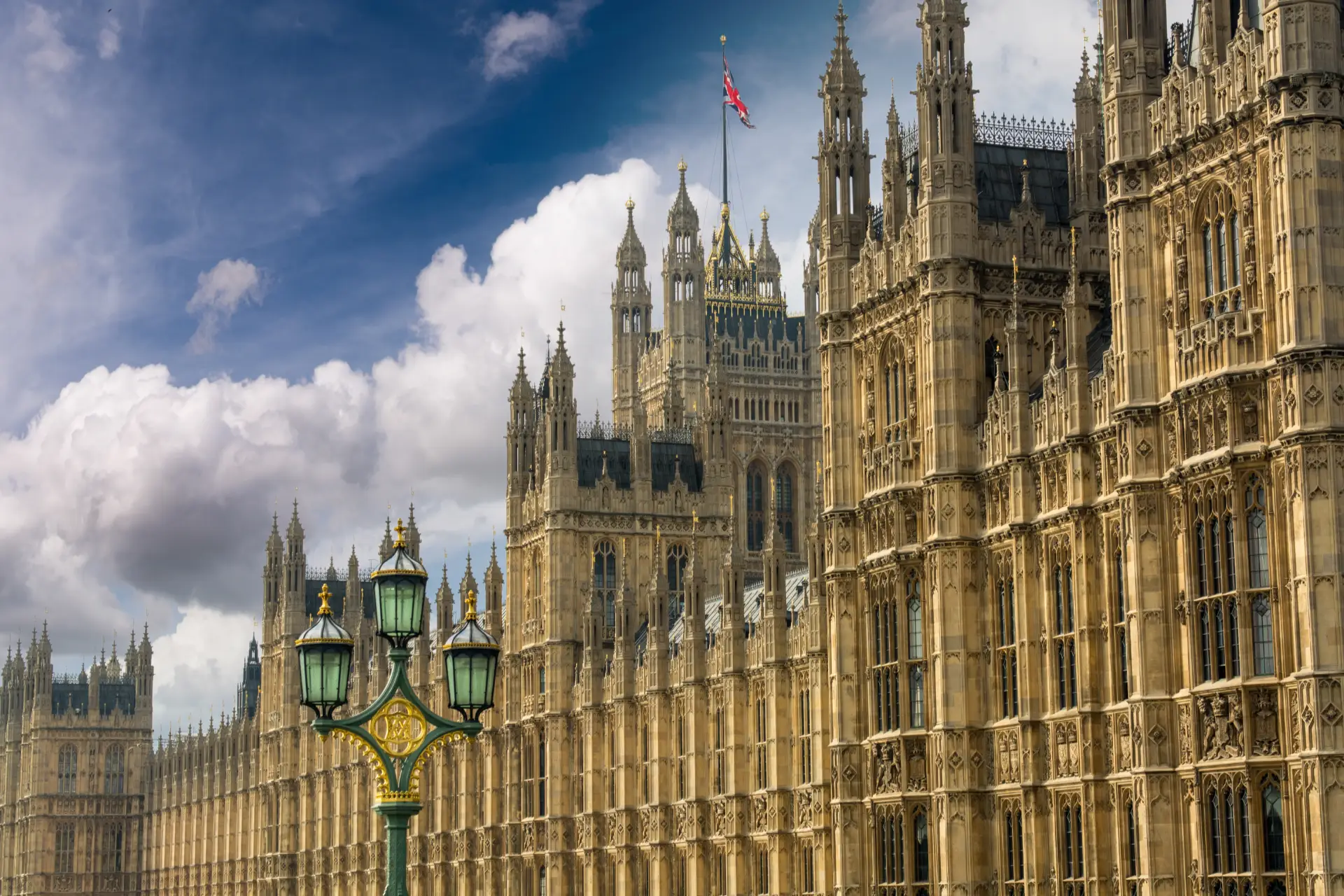The Employment Rights Bill (ERB) continues its “ping pong” through Parliament. On 5 November, the House of Commons largely restored the government’s approach, rejecting several significant amendments passed by the Lords a week earlier and adopting targeted amendments in lieu. The Bill has since returned to the House of Lords on 17 November, and we will continue to monitor the updates that emerge.
At its 28 October sitting, the Lords brought back and passed a series of measures the Commons had previously rejected and revisited several others. Notably, members of the House of Lords supported a six-month qualifying period before ordinary unfair dismissal rights apply, weakening the government’s “day one” protection. They also backed giving workers a right to opt-out of further guaranteed hours offers under the zero-hours reforms, added a definition of “seasonal work” in Part 1 of the Bill, sought to retain the requirement for trade unions to opt out their members from contributions to political funds unless they have expressly requested to opt in, and brought back a 50% turnout threshold for industrial action ballots. The Lords also sought to expand who can accompany an employee at disciplinary or grievance meetings, beyond the current limit of a trade union official or a colleague, by allowing a certified professional companion. This was not agreed at this stage, but the Government said it will review the statutory right to be accompanied. Alongside these changes, the Lords agreed government amendments that expand the Bill’s NDA protections to include failures to make reasonable adjustments and to cover parliamentary staff, and require a review of time off for public duties within 12 months of Royal Assent.
When the Bill returned to the House of Commons on 5 November, the Commons rejected significant non-government amendments to the ERB. This means that “day one” protection from unfair dismissal was retained, as MPs voted down a six-month qualifying period. Instead, the Commons agreed a government amendment in lieu that puts a statutory duty on the Government to consult on the unfair dismissal framework (covering: the length (if any) of an initial employment period; how to determine whether a dismissal reason relates to the employee; and what the compensatory award should be during any initial period). The Commons also disagreed with the Lords’ opt‑out model for guaranteed‑hours offers under the zero‑hours reforms, and with inserting a fixed definition of “seasonal work”, indicating that the definition would be set by secondary legislation following consultation.
With regard to trade union rules, the Commons disagreed with the Lords’ attempt to retain an opt‑out approach to political fund contributions and reverted to the Government’s policy but accepted a practical tweak: where union rules allow, members’ opt‑out notices can take effect earlier than the default 1 January date. The Commons also rejected keeping the 50% turnout threshold for industrial action ballots. In its place, it required the Secretary of State to consider the impact of introducing electronic balloting when deciding whether, and when, to commence the repeal of that threshold. The Government aims to enable e‑balloting by April 2026 and will consult shortly on an electronic and workplace balloting code of practice.
Other updates included cross‑party agreement on child volunteering on heritage railways. The Commons backed a duty on the Office of Rail and Road and the HSE to publish guidance within 12 months of Royal Assent, with publication targeted by 31 March 2026. The Government also announced a taskforce to help tackle delays and backlogs in the employment tribunal system, although no timetable was given.
In summary, whilst the Lords’ 28 October votes tried to change sensitive parts of the Bill, the Commons has largely restored the government’s approach, with consultation duties and phased implementation. Further back and forth is likely when the Bill returns to the Lords, with unfair dismissal, guaranteed hours and union reforms likely to remain the main points of dispute. Other issues often discussed in the wider policy debate, such as short‑notice shift cancellation, whistleblowing proposals and SME‑specific consultation duties, did not feature in these particular sittings.



